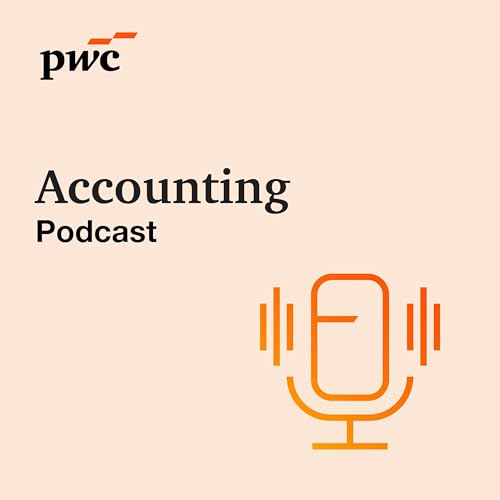A video of this podcast is available on YouTube, Spotify, or PwC’s website at viewpoint.pwc.com
The GHG Protocol has released its long-awaited proposed updates to the Scope 2 Guidance. In this episode, we highlight the key changes in the exposure draft, including proposed revisions to location-based and market-based reporting, hourly matching, emission factor hierarchies, and more. We also explore what these developments could mean for companies and how stakeholders can participate in the revision process.
In this episode, we discuss:
- 2:49 – Redefining the purpose for location-based and market-based reporting
- 5:33 – The importance of the decision-making criteria
- 6:56 – New emission factor hierarchy for location-based reporting
- 14:30 – Shift toward hourly matching in the market-based method
- 21:53 – Deliverability criteria and implications for renewable energy credits
- 26:19 – Residual mix and fossil-only defaults for unclaimed energy
- 32:45 – How companies can share feedback and next steps for the Scope 2 guidance
For more on the GHG Protocol’s exposure draft, see our publication, GHG Protocol announces Scope 2 Public Consultation, which was updated to indicate that the public consultation deadline was extended to January 31, 2026.
Check out our previous episodes for more on the GHG Protocol and GHG reporting:
- Sustainability now: Modernizing the GHG Protocol
- Sustainability now: Inside the GHG Protocol’s scope 3 update
- Sustainability now: GHG reporting trends and challenges
Looking for the latest developments in sustainability reporting? Follow this podcast on your favorite podcast app and subscribe to our weekly newsletter to stay in the loop for the latest thought leadership on sustainability standards.
About our guest
Colin Powell is PwC Canada’s Technical Net Zero Leader. His work focuses on GHG quantification, life cycle assessment, target setting, and decarbonization strategies. He has helped companies measure over 1 billion tonnes of emissions and previously worked as a consultant supporting global clients in decarbonization. Colin sits on the GHG Protocol’s Scope 3 Working Group, helping shape updates to global standards. He is also a Professional Engineer (Ontario) with a PhD in wastewater treatment modeling.
About our host
Heather Hornis the PwC National Office Sustainability and Thought Leader, responsible for developing our communications strategy and conveying firm positions on accounting, financial reporting, and sustainability matters. In addition, she is part of PwC’s global sustainability leadership team, developing interpretive guidance and consulting with companies as they transition from voluntary to mandatory sustainability reporting.
Transcripts available upon request for individuals who may need a disability-related accommodation. Please send requests to us_podcast@pwc.com
Did you enjoy this episode? Text us your thoughts and be sure to include the episode name.
 38 m
38 m Jan 13 202631 m
Jan 13 202631 m 51 m
51 m Dec 30 202539 m
Dec 30 202539 m Dec 23 202538 m
Dec 23 202538 m Dec 16 202552 m
Dec 16 202552 m Dec 9 202546 m
Dec 9 202546 m 40 m
40 m
